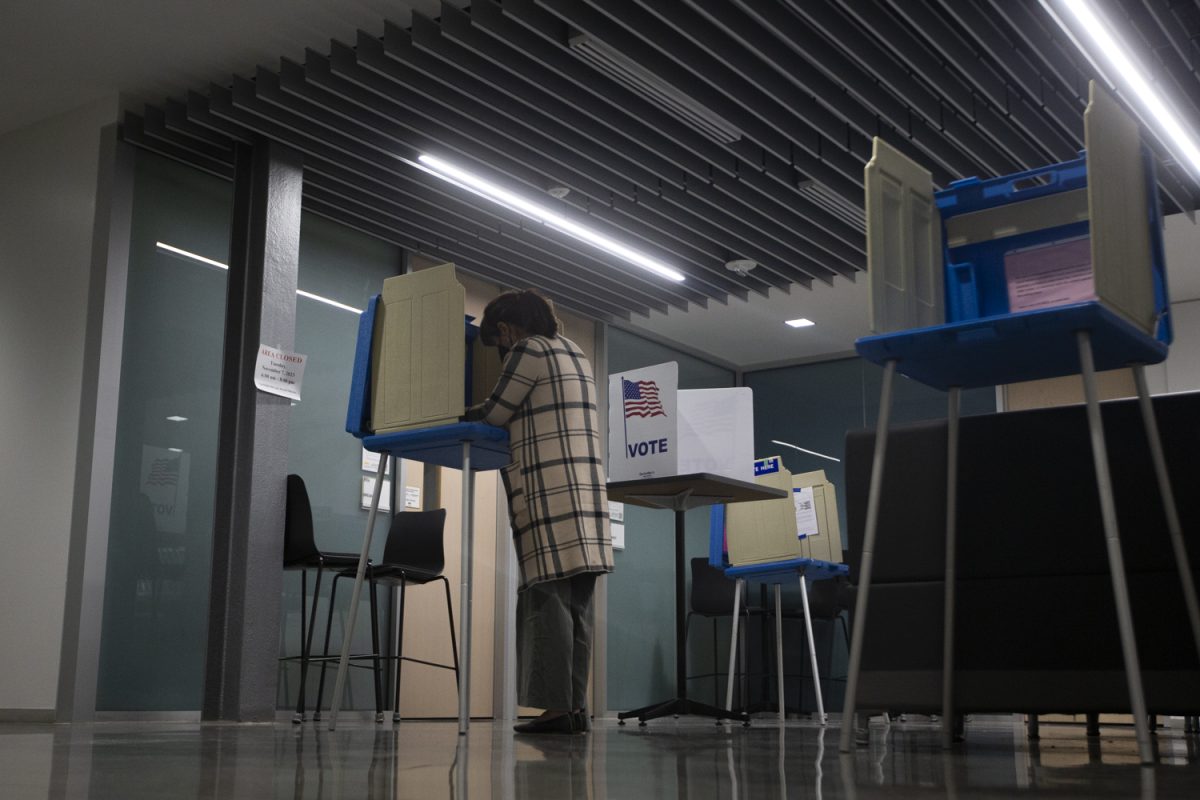On Nov. 5, millions of people across the country will travel to polling stations in their state to cast the ballots for the next president. Some have even already taken this step by voting through mail-in or absentee ballots.
However, whether or not the next president-elect will be named on Nov. 5 is a different story.
Typically, a presidential candidate’s victory should become clear on election night, as polling facilities tally up the votes. However, due to recent election laws and a potentially tight margin of victory for the 2024 election, it could take longer than usual to declare a winner.
The state of Georgia, for example, has recently enacted several laws requiring votes to be hand-counted in order to certify that the number of votes matches the number recorded by polling machines.
Despite this, there is still hope that votes can be counted on time.
“Even if jurisdictions don’t use electronic voting machines, they’ll usually use some sort of paper ballot that gets scanned into the machine, so results can be counted fairly quickly,” Timothy Hagle, a University of Iowa political science professor, said.
Hagle said this with the caveat that sometimes things happen that make a quick determination of a winner impossible. Polling machines could break down, or there could be a situation where the race is so close in one state that they must wait until all absentee ballots are counted, such as what happened in the 2000 election in Florida.
With this in mind, the idea of the election taking a few extra days or weeks to determine a winner is not far-fetched.
Some states also prohibit the counting of absentee ballots until the polls officially close on election day. In Iowa, all absentee ballots received before Nov. 5 will be officially counted on election day. All those received after must be postmarked on or before Nov. 5 to be counted.
Even after all ballots are cast and counted, the presidential decision has not yet been officially made.
Instead, the vote must be sent to the Electoral College, which consists of 538 electors from each of the 50 states, plus the District of Columbia. Each state has a designated number of electors based on the total number of congressional members that the state has.
Iowa will receive 6 electoral votes — four votes for each member representing a congressional district and two votes for its senators.
Electors are appointed based on which political party wins the general election vote in each individual state.
It takes 270 electoral votes to secure victory in a presidential race. In the event that neither candidate gains the required number of votes, the next president would be determined by the U.S. House of Representatives.
This year, electors will meet on Dec. 17 within their individual states in order to certify their electoral votes.
“The idea of the Electoral College is that it smooths out things a little if you have one state with an overwhelming vote for a particular candidate,” Hagle said. “It’s not totally even because, of course, you are looking at this based on the electoral votes, and the electoral votes are based on population.”
More populous states such as Texas, New York, and California get more electoral votes and thus have more power in determining who the next president is. However, much like in Congress, smaller states are also represented.
Swing states who have about even levels of support for the Republican and Democratic candidates, are perhaps the most important to deciding the election.
This is why so many candidates spend their time campaigning in places such as Pennsylvania, Wisconsin, and Michigan. In order to carry the election, they must convince voters on the other side of the aisle to support them.
“I know that a number of people have tried to suggest that the electoral college is outdated or needs to be replaced,” Hagle said. “But I think it has an important place. That smoothing out aspect of it does not allow big states or the federal government to dominate too much.”
On Jan. 6, 2025, Congress will meet in order to count the electoral votes and determine a true winner of the 2024 election. It is the job of the vice president to preside over this meeting and announce the results.
If everything goes according to plan, the new president of the United States will be sworn in two weeks later on Jan. 20, beginning a new administration.



